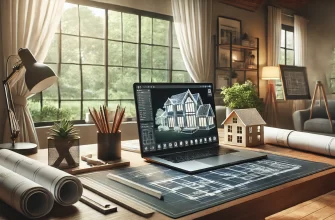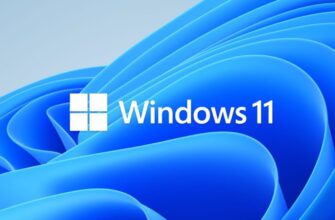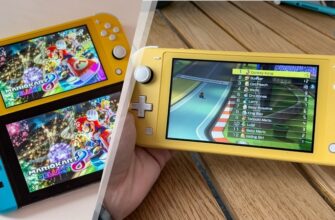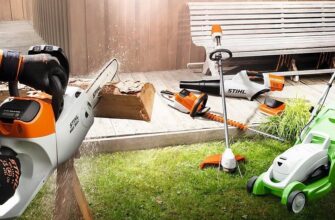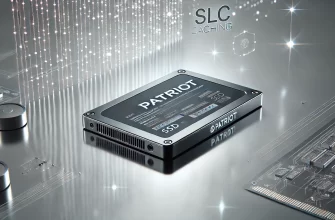After a very controversial first Pixel Google launched a successful second. However, it really good in fact - or just all become accustomed, that the title to the Android smartphone is now not worth $400, but $1 000? The answer can be given, Only looking at the evolution of the machine. The third "pixel", as usual, not sold officially in Russia, but find it here - no problem. So that and talk about it quite makes sense.
Introduction
The idea to demonstrate the possibilities of the operating system on the most powerful hardware (and in parallel to try to earn more in the segment with greater marginality) Google does not come to the right - and caused a storm of controversy. Pixel expensive to produce on a congested market, especially soon after sverhudachnym Nexus 5, would risk. Yes, Google could easily afford to take the risk, yet the company does not depend on the sale of "irons", but to spoil his reputation and completely ignore this market is financially, rather than as a testing ground for running the company's ideas with no hands.
It was well understood after the release of Pixel 2 / Pixel 2 XL - the company reacted to the criticism very carefully and made several strong moves in technical terms: of AMOLED-display to the proprietary image processing system HDR + with the activation of a specially designed coprocessor. In conjunction with the, that passion around which has grown more than twice the price settled, Pixel 2 and I got a very decent press, and normal sale.
But what is the Pixel 3? Boring evolution combined with hateful "bang" - or the continuation of lines verified, backed up by this time a breakthrough in terms of front camera? In the market of flagship smartphones, where competition is growing (primarily due to a strong rise Huawei), Do you have Google smartphone has some clear advantages over competitors, or it again, As in the case with the first "pixel", It is solely about the mythical "magic name", where Pixel 3 / Pixel 3 XL is trying to leave?
Specifications
| Google Pixel 3 XL | Google Pixel 2 XL | Huawei Mate 20 Pro | Apple iPhone Xs Max | Samsung Galaxy Note9 | |
| Display | 6,3 inch, P-OLED, 2960 × 1440 points, 523 ppi, capacitive multi-touch | 6 inches, AMOLED, 2880 × 1440 points, 538 ppi, capacitive multi-touch | 6,39 inch, YOU ARE, 3120 × 1440 points, 538 ppi, capacitive multi-touch |
6,5 inch, Super AMOLED, 2688 × 1242, 458 ppi, capacitive multi-touch, TrueTone technology | 6,4 inch, Super AMOLED, 1440 × 2960, 516 ppi, capacitive multi-touch |
| Protective glass | Corning Gorilla Glass 5 | Corning Gorilla Glass 5 | Corning Gorilla Glass (unknown version) | No information | Corning Gorilla Glass 5 |
| CPU | Qualcomm Snapdragon 845: Kryo four core 385 Gold, frequency 2,8 GHz + Kryo four core 385 Silver, frequency 1,7 GHz | Qualcomm Snapdragon 835 MSM8996: Kryo four core, frequency 2,45 GHz + Kryo four core, frequency 1,9 GHz | HiSilicon Kirin 980: eight cores (2 × ARM Cortex A76, frequency 2,6 GHz + 2 × ARM Cortex A76, frequency 1,92 GHz + 4 × ARM Cortex A55, frequency 1,8 GHz); architecture HiAI | Apple A12 Bionic: six cores (2 × Vortex + 4 × Tempest) | Samsung Exynos 9810 Octa: eight cores (4 × Mongoose M3, frequency 2,7 GHz + 4 × Cortex-A55, frequency 1,8 GHz) |
| Graphics controller | Adreno 630, 710 MHz | Adreno 540, 710 MHz | ARM Mali-G76 MP10, 720 MHz | Apple GPU (4 core) | Mali-G72 MP18, 900 MHz |
| RAM | 4 GB | 4 GB | 6 GB | 4 GB | 6/8 GB |
| Flash memory | 64/128 GB | 64/128 GB | 128 GB | 64/256/512 GB | 128/512 GB |
| Memory Card Support | Not | Not | Yes (Only Huawei nanoSD) | Not | there is |
| connectors | USB Type-C | USB Type-C | USB Type-C | Lightning | USB Type-C, minijack 3,5 mm |
| SIM-card | One nano-SIM | One nano-SIM | Two nano-SIM | Removal nano-SIM and the removal of e-SIM | Two nano-SIM |
| 2G cellular communication | GSM 850 / 900 / 1800 / 1900 MHz | GSM 850 / 900 / 1800 / 1900 MHz | GSM 850/900/1800/1900 MHz | GSM 850/900/1800/1900 MHz | GSM 850/900/1800/1900 MHz |
| 3G cellular communication | HSDPA 850 / 900 / 1700 / 1900 / 2100 MHz CDMA 2000 | HSDPA 850 / 900 / 1700 / 1900 / 2100 MHz CDMA 2000 | HSDPA 800 / 850 / 900 / 1700 / 1900 / 2100 MHz | HSDPA 850 / 900 / 1700 / 1900 / 2100 MHz | HSDPA 850 / 900 / 1700 / 1900 / 2100 MHz |
| Cellular Telecommunications 4G | LTE Cat. 16 (1024 Mbit / s): 1, 2, 3, 4, 5, 7, 8, 12, 13, 17, 18, 19, 20, 25, 26, 28, 29, 32, 38, 39, 40, 41, 42, 46, 66, 71 | LTE Cat. 15 (to 800 Mbit / s): 1, 2, 3, 4, 5, 7, 8, 12, 13, 17, 20, 25, 26, 28, 29, 30, 32, 38, 40, 41, 66 | LTE Cat. 21 (to 1400 Mbit / s), ranges 1, 2, 3, 4, 5, 6, 7, 8, 9, 12, 17, 18, 19, 20, 26, 28, 34, 38, 39, 40 | LTE Cat. 16 (1024 Mbit / s): ranges 1, 2, 3, 4, 5, 7, 8, 12, 13, 14, 17, 18, 19, 20, 25, 26, 29, 30, 32, 34, 38, 39, 40, 41, 66, 71 | LTE Cat. 18 (1200/200 Mbit / s), ranges 1, 2, 3, 4, 5, 7, 8, 12, 13, 17, 18, 19, 20, 25, 26, 28, 32, 38, 39, 40, 41, 66 |
| Wi-Fi | 802.11a / b / g / n / and | 802.11a / b / g / n / and | 802.11a / b / g / n / and | 802.11a / b / g / n / ac | 802.11a / b / g / n / and |
| Bluetooth | 5.0 | 5.0 | 5.0 | 5.0 | 5.0 |
| NFC | there is | there is | there is | there is (Apple Pay) | there is |
| Navigation | GPS, A-GPS, GLONASS, Galileo | GPS, A-GPS, GLONASS | GPS, A-GPS, GLONASS, BeiDou, Galileo, QZSS | GPS, A-GPS, GLONASS, Galileo, QZSS | GPS, A-GPS, GLONASS, BeiDou, Galileo |
| sensors | illumination, approaching, accelerometers / gyroscopes, magnetometer (digital compass), barometr | illumination, approaching, accelerometers / gyroscopes, magnetometer (digital compass), barometr | illumination, approaching, accelerometers / gyroscopes, magnetometer (digital compass), IR sensor, Face ID | illumination, approaching, accelerometers / gyroscopes, magnetometer (digital compass), barometr | illumination, approaching, accelerometers / gyroscopes, magnetometer (digital compass), barometr, heart rate sensor, pressure |
| The fingerprint scanner | there is | there is | there is | Not | there is |
| The main camera | 12,2 Mn, ƒ/1,8, phase detection autofocus, dual LED flash, optical stabilization | 12,2 Mn, ƒ/1,8, Hybrid autofocus, dual LED flash, optical stabilization | triple module, 40 + 20 + 8 Mn, ƒ/1,8 + ƒ/2,2 + ƒ/2,4, Hybrid autofocus, optical stabilization, dual LED flash | double module: 12 Mn, ƒ/1,8 + 12 Mn, ƒ/2,4, autofocus, четырехдиодная светодиодная вспышка, optical stabilizer in both chambers | double module: 12 Mn variable diaphragm ƒ / 1,5 / 2,4 + 12 Mn, ƒ/2,4, Hybrid autofocus, Optical stabilization in both chambers, LED flash |
| Front-camera | double module: 8 + 8 Mn, ƒ/1,8 + ƒ/2,2, autofocus main camera | 8 Mn, fixed focus | 24 Mn, ƒ/2,0, fixed focus, without flash | 7 Mn, ƒ/2,2, without autofocus, without flash | 8 Mn, ƒ/1,7, autofocus, without flash |
| Nutrition | Non-removable battery on 13,03 Including (3430 mAh, 3,8 AT) | Non-removable battery on 13,38 Including (3520 mAh, 3,8 AT) | non-removable battery: 15,96 Including (4200 mAh, 3,8 AT) | non-removable battery: 12,06 Вт⋅ч (3174 mAh, 3,8 AT) | non-removable battery: 15,2 Including (4000 mAh, 3,8 AT) |
| The size | 158 × 76,7 × 7,9 mm | 157,9 × 76,7 × 7,9 mm | 157,8 × 72,3 × 8,6 mm | 157,5 × 77,4 × 7,7 mm | 161,9 × 76,4 × 8,8 mm |
| Weight | 184 gram | 175 grams | 189 grams | 208 grams | 201 gram |
| enclosure protection | IP68 | IP67 | IP68 | IP68 | IP68 |
| operating system | Android 9.0 Pie | Android 8.0 Oreo | Android 9.0 Pie, EMUI shell | iOS 12 | Android 8.1 Oreo, own shell |
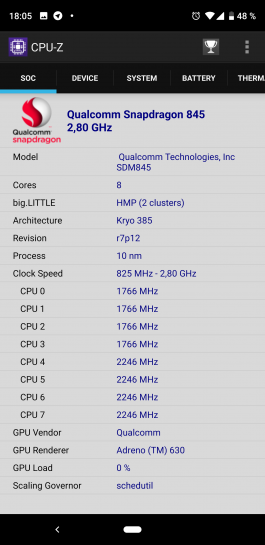 |
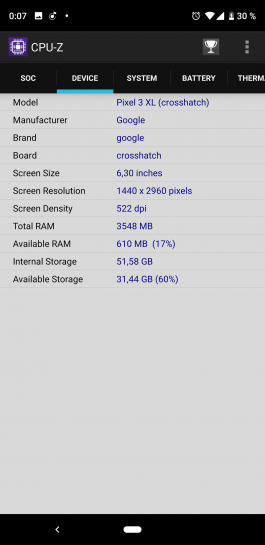 |
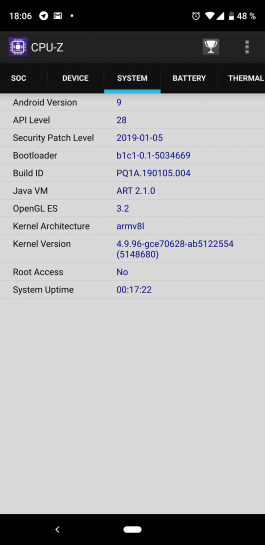 |
||
As in the year before, There are two smartphone Pixel - with a relatively small display (Now - 5,5 inch) and large (6,3 inch). They also differ in the built-in battery capacity and, naturally, in size. The rest - absolutely identical gadgets, almost like Apple. The policies of its neighbors in Silicon Valley, Google just became oriented in 2016 year, releasing his first Pixel. In the past year we have tried to "small" business smart phone Google, this time have been great - we will speak about Pixel 3 XL.
Appearance, ergonomics and software
"From the back» Google Pixel 3 XL is very easy to be confused with the previous version - the same combination of glossy and matte surfaces without any border and has an old-fashioned fingerprint reader in the middle of the rear panel. Enviable constancy - Google designers do not twitch, and this, one side, right (formed a corporate identity), on the other - great effect on the desire of the owners to update the previous Pixel, significantly reducing its. Still, one of the major motivations - to have a smartphone with a fresh design, to know about your purchase not only you, but also the surrounding. Here it goes to zero.
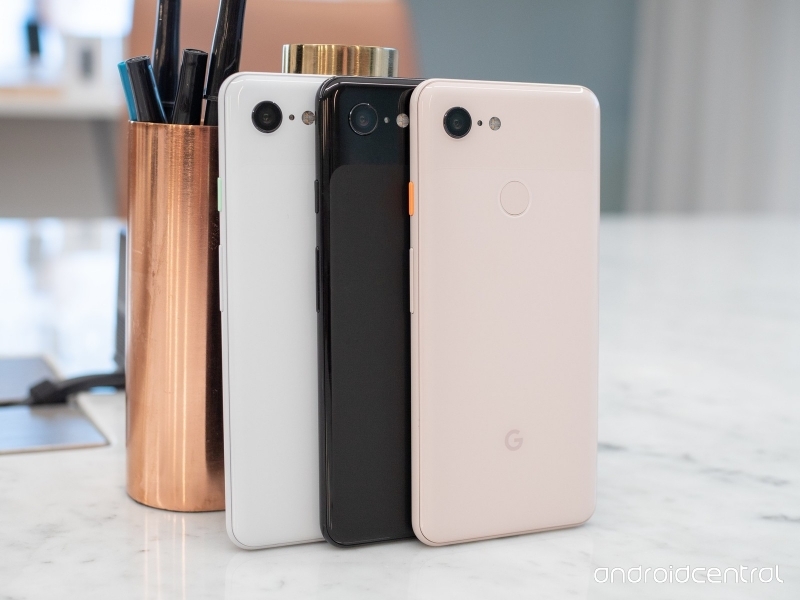
The same applies to the front panel, but for a different reason - Google Pixel 3 XL is very similar to the X or the iPhone, in this case, XS Max. Yes, here and "chin" inscribed with the speaker more in it, and on the neckline, we see just two front-facing camera lens, but the format is very large "monobrovi" already practically patented by Apple, and against the background of attempts by other companies to leave the scheme (remember Honor View 20, Vivo experiments and OPPO, Xiaomi Mi MIX 3), of course, It looks now somewhat embarrassing. Everyone ran - ran and Google. Do not expect such behavior from the giant from Mountain View.
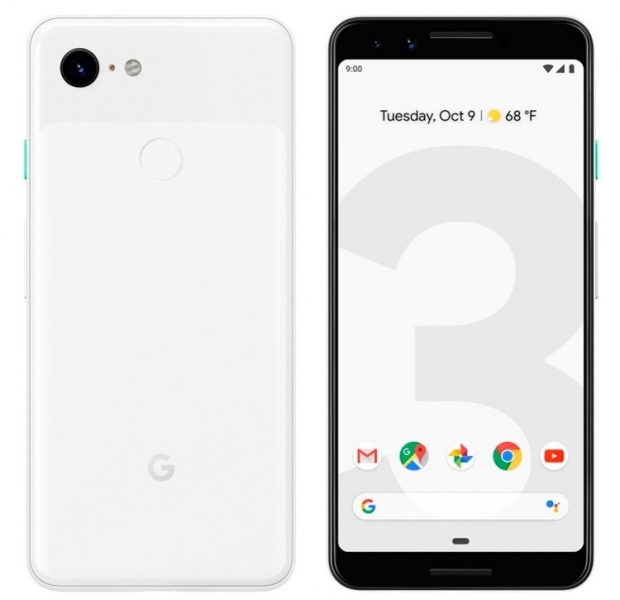
Need to say, that "standard» Pixel 3 deprived of the cutout. Это классический смартфон с довольно крупными рамками — и смотрится он в этом плане, perhaps, even more advantageous, than epigonic XL. Moreover, "Bang" in Google smartphone higher, than the iPhone or other of his imitators, - more than a few pixels, than the status bar. Yes, placed thereon coveted charge balance Percentage, but smartphone looks eventually koryavenko.
Dim and unprincipled design can often compensate for interesting color solutions. Here, Google may offer pink version, which the, as usual, ironically called - Not Pink. There are also white (Clear White) and black (Just Black) "Pixels".
housing, as it is now accepted, both sides covered with glass (Gorilla Glass 5), но за счет матовой поверхности смартфон не скользит в руке и не улетает с любой не совсем ровной поверхности — уже плюс. Grani too pleased - they are out of the usual aluminum, but plastic inserts for the correct operation of antennas is well hidden, they did not find. While in the process of using a smartphone I have a question - and whether they are generally? But the difficulties of the relationship will be discussed below.
As in Pixel 2, there is no analog headphone jacks, but increased moisture protection class - no longer IP67, and IP68. You can easily fill a gadget - how safely, guarantee such cases, as usual, are not covered, but at least formally declared pylevlagostoykost.
Included is wired headphones with built-in USB Type-C, adapter with Type-C Type-A on (Cable Management - Format USB Type-C - USB Type-C) and an adapter with a mini-jack to USB Type-C. It was an offer, it seems, with a record number of references format "Type-B", sorry for such a density. Now it's time to say that, which is not supplied, - and there is no standard for all, except Apple and Google, "The first time" silicone cover. Since the glass enclosure (Gorilla Glass 5, of course, nice to withstand a fall from a low height, but very willing to collect small, but unpleasant scratches), there is nothing to rejoice.
Functional elements in their "android" places: on the right side are three hardware keys, Bottom - port USB Type-C and a slot for cards nano-SIM (single), stereo speakers disposed on the front panel, two sides of the screen - on the Sony Xperia XZ3 manners.
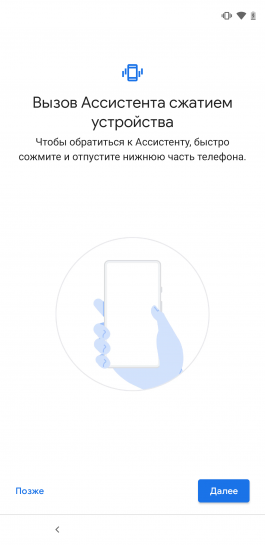 |
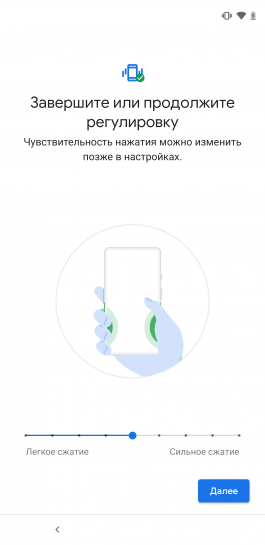 |
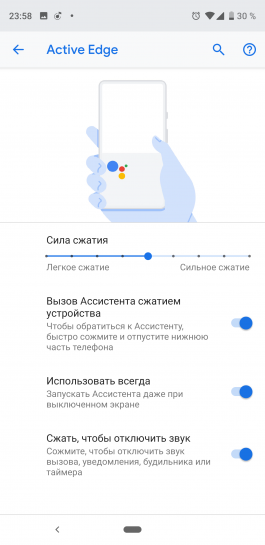 |
About tom, that "pixels" for HTC Google does, does not say almost anything - smartphones Taiwanese companies are moving in their, specific direction. But something still in the Pixel applied - at the bottom of the faces of the housing built in pressure-sensitive elements, they can "hang" some functions or settings. use this, in my opinion, uncomfortable - it does not help even adjustable sensitivity. I Active Edge system likely prevented spurious positives, сам я ей за полторы недели тестирования не пользовался — только в самом начале, out of curiosity. But someone such option may be to the soul, above are just my subjective impressions. Zaton in Pixel 3 built an excellent vibration motor. It feels like it is as close to the, that used in the iPhone, - that is, in the face of Pixel 3 you with a great degree of probability will get the most pleasant tactile regarding Android-smartphone.
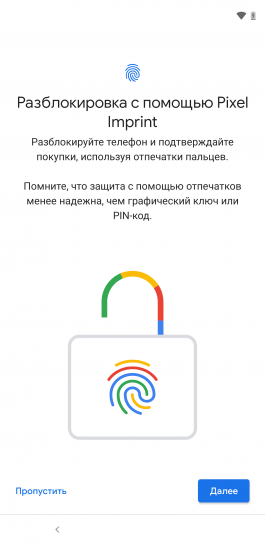 |
 |
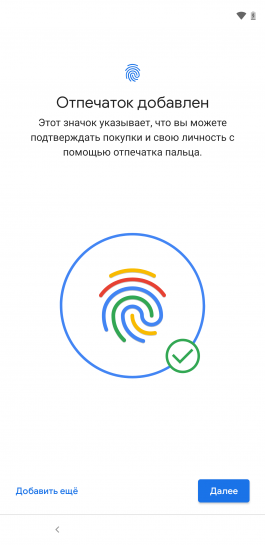 |
fingerprint reader located on the back panel - an old-fashioned solution, but it works capacitive sensor quickly and without a glitch. Screen ultrasonic scanners are still far from this level, but they are concepts, of course, where modern and comfortable.
3 runs Google Pixel / Pixel 3 XL running Android 9 Pie, regularly updated to the latest version. Google promises, that the owners of Pixel, along with traditional unlimited amount of Google Drive for your save photos and videos from your smartphone, provides the fastest updates - but there is a "pixel" can rival company, included in the Android One pool, Nokia vrode.
And that's the bet can not - so it is in a number of functions, Pixel that is stuffed with a standard ahead of other Android-smartphone. The most interesting is not working outside the United States - the smartphone is able to independently "to remove the phone" and ask about the purpose of your call, then transmitting this information as text on the screen. Next, you decide, whether to remove a tube already really and not waste time on spam.
Of those features Pixel launcher, We are still working (and do not interfere with other functions work), I note an extensive range of wallpaper and flexible theme, adapts to wallpaper (choosing a dark or light color depending on the color background), new gestural possibilities (Swipe left from the central navigation button instantly returns to the last screen) and experimental mode, counting, how much and in what applications you spend your time, - an analogue we have already seen in the latest version EMUI. Some significant differences from the "sink» Android 9 Pie is in any case no. The system works very smoothly, quickly and accurately - license supports Pixel reputation if not the fastest of Android-smartphone at the time of its release, then at least "one".
⇡#Display and Sound
liquid crystal displays, time is running out - imagine an LCD screen in the flagship smartphone is almost impossible. Here and in the Pixel 3 XL используется панель P-OLED с диагональю 6,3 inches and resolution 2960 × 1440 points. pixel density is 523 ppi - problems will not have when watching 4K video, or by using your smartphone in head-mounted display. Although this scenario, every month to talk wants less - in spite of the development of different API and the continuous operation of the companies in this area, faith in the glorious future of mobile VR systems are less and less.
By itself, the very high quality display: I can not tell you the results of testing polutoranedelnoy about burnout, which had problems in Pixel 2, but with the viewing angle a full order (still would, this OLED).
The maximum measured brightness level - 385 cd / m2. For the OLED-display indicator is not the limit - the screen is the same iPhone Xs Max gives much 521 cd / m2 with its adaptive adjustment nonswitched. Nevertheless, the company declares support HDR - unspecified, by what standard, but there is every reason to believe, that we are on the Mobile HDR Premium, which is enough for a 10-bit color and a peak brightness 550 cd / m2. probably, under certain conditions, the smartphone is able to deliver the desired settings. At least the sun to use third "pixel" comfortable, and the problems with the dynamic range when viewing photos and videos are not observed.
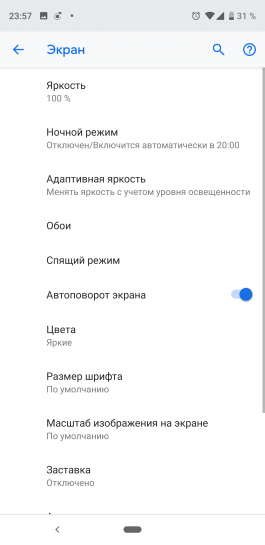 |
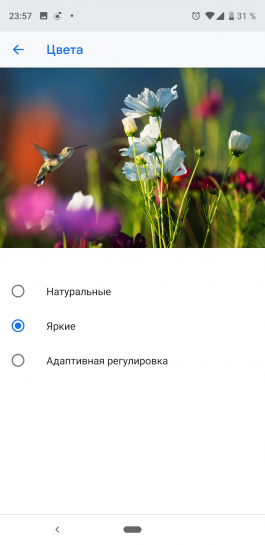 |
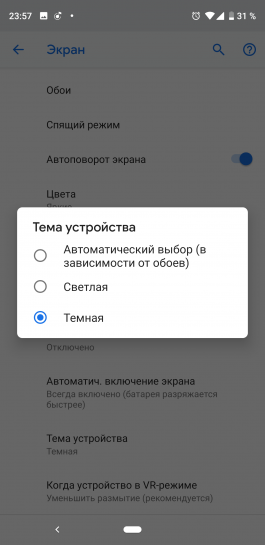 |
Pixel Display color reproduction 2 can be changed if desired. A choice of three modes of operation: with bright colors, with natural or adaptive adjustment according to the information displayed on the screen. Default enabled adaptive mode, but I measured the color for the purity of the experiment only two "manual".
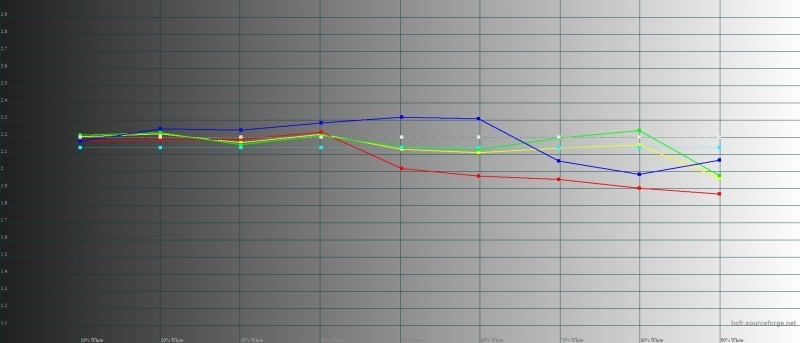
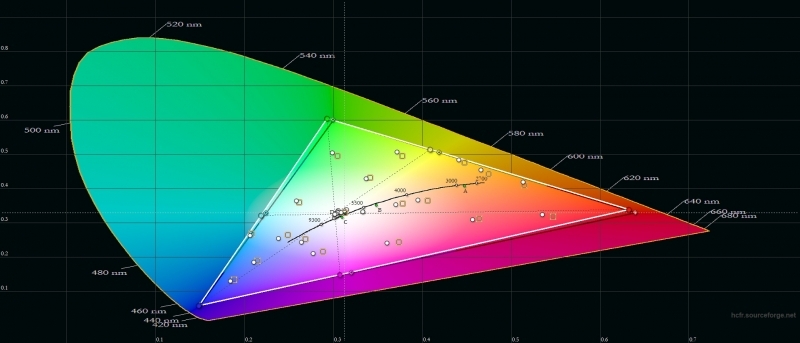
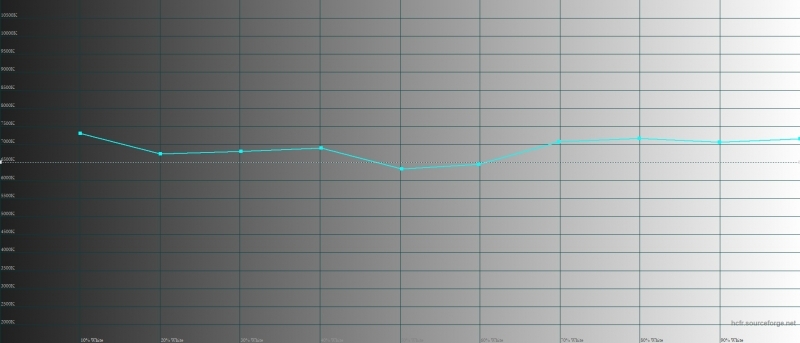
Display, as in the past Pixel, I set very high quality. When you activate the natural colors of the gamma 2,14 - a little "fuss" curves in bright colors, but nothing critical. Цветовая температура близка к эталону – колеблется от 6 400 to 7 200 К с медианой в районе 7 000 TO. The average deviation Delta E of the expanded palette Color Checker (shades of gray + a wide range of colors) is 2,22 at a rate in 3 - quite a bit not up to the reference value 2,00. Color Space sRGB is slightly off, but it almost does not hinder your smartphone display colors very honest.
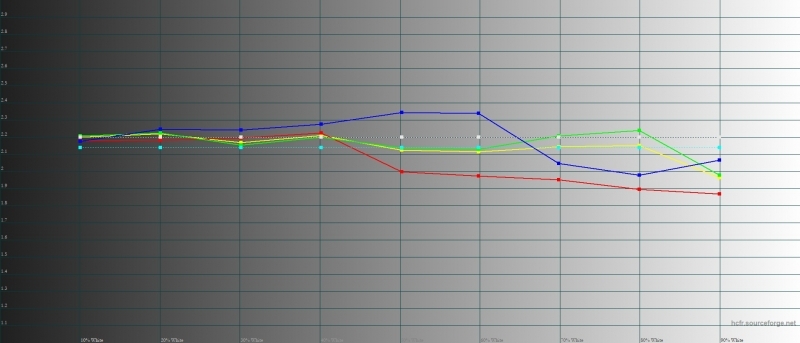
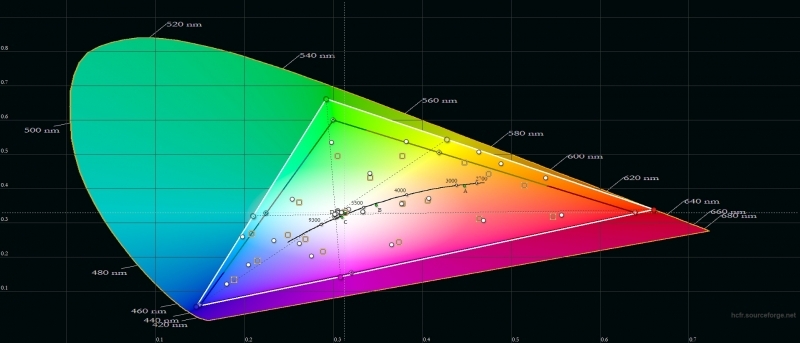
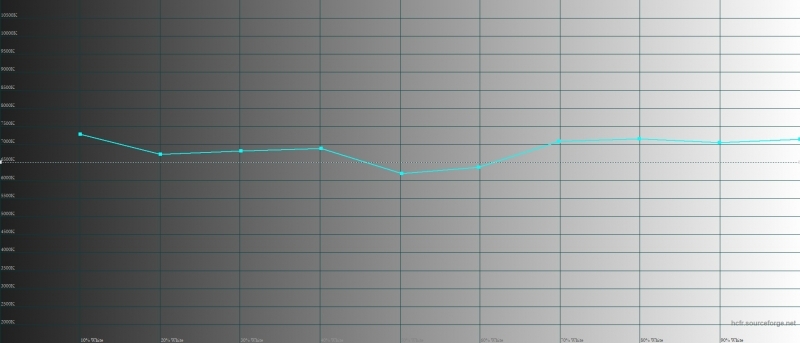
In the mode of bright colors picture visual holodneet and becomes richer. При этом на графике цветовой температуры такая холодность почти не сказывается – она снова держится в районе 7 000 TO. The average range is the same 2,14, а среднее отклонение Delta E по палитре Color Checker оказывается равным 3,04 — притом что цветовое пространство расширено и приближается уже к DCI-P3. Also a very good result - in Google Pixel 3 XL can be safely put bright or adaptive mode, If you love bright colors, and enjoy both rich, and almost natural colors.
With a sound system Google has decided not to change anything - is reused in stereo speakers, derived on the front panel. And volume level, and the sound quality of external speakers Pixel 3 XL close to the best in terms of multimedia smartphone 2018 year - Sony Xperia XZ3. Alas, the sound quality of the headphones - no. There is an analog adapter, so you can use wired headphones (and charging at the same time without the wires - this option has), but rely on the special quality of sound is not necessary. There is not a huge volume of stock, no really serious detail. It is an ordinary smartphone sound. Again noting the, that the headphones in the box with Pixel 3 XL has, Unlike sets Pixel 2, - that's not bad, such greed in the sale of the smartphone $1 000 It seemed out of place.
Источник https://3dnews.ru/982560/obzor-google-pixel-3-xl

